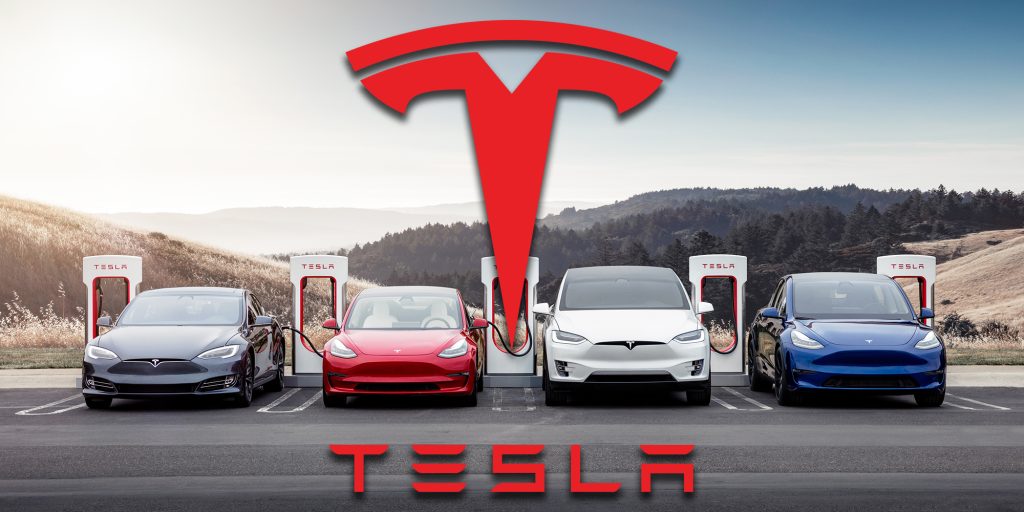Malaysia has recently announced that Tesla Inc, a leading electric vehicle (EV) manufacturer, will be opening an office in the Southeast Asian country, establishing a network of charging stations, and importing battery-powered EVs. This move is expected to create skilled jobs and increase the involvement of local businesses in the Tesla ecosystem.
The Malaysian trade ministry has confirmed that Tesla’s application to import EVs has been approved, and the company will also open showrooms and service centres. This development marks a significant step towards the adoption of sustainable transportation in Malaysia and signals the country’s willingness to invest in and support the growth of the EV market.

Moreover, Tesla’s presence in Malaysia is expected to bring positive economic and social impacts. With the establishment of showrooms and service centres, Tesla will create employment opportunities, provide training for local workers, and enhance the country’s technical expertise in the field of EVs. Additionally, local businesses will have the chance to participate in Tesla’s supply chain, potentially leading to a more sustainable and diversified economy in Malaysia.
The announcement of Tesla’s expansion into Malaysia represents a significant milestone for the country’s EV market and demonstrates a commitment to reducing carbon emissions while driving economic growth.
Can Tesla dominate the electric vehicles market in Malaysia?
Tesla’s success in Malaysia will depend on several factors, including local demand for electric vehicles, competition from existing automotive companies, and government policies and incentives. However, Tesla has several advantages that could position it for success in the Malaysian market.
Firstly, Tesla’s brand recognition and reputation as a leader in the EV industry could help it attract customers in Malaysia who are interested in sustainable transportation options. Additionally, Tesla’s advanced technology, including its self-driving features and long-range batteries, could differentiate it from other EV manufacturers in the market.
Recently, the Malaysian government has announced a goal of having 100,000 electric vehicles on the road by 2030 and has implemented policies to encourage the adoption of EVs, such as offering tax incentives for the purchase of EVs and building a network of charging stations across the country. These initiatives could help create a favourable environment for Tesla to establish itself in Malaysia.
Tesla will also face challenges in Malaysia, including potential competition from established automakers and the need to adapt to local market preferences and regulations. Additionally, Tesla’s relatively high prices could be a barrier for some consumers in Malaysia, where the average income is lower than in other countries where Tesla operates.
Tesla was operating in over 65+ countries, including the United States, Canada, Mexico, Brazil, several European countries (such as the United Kingdom, Germany, France, Norway, and the Netherlands), China, Japan, Australia, New Zealand, South Korea, Taiwan, and the United Arab Emirates.












